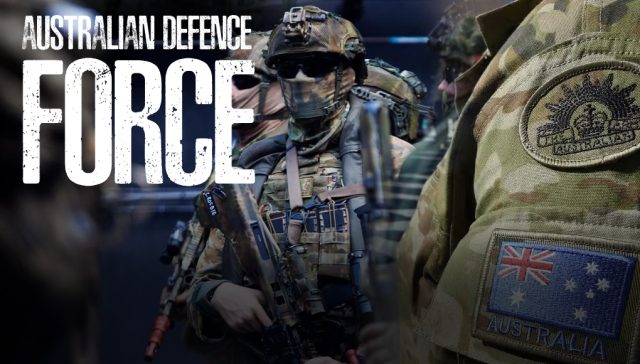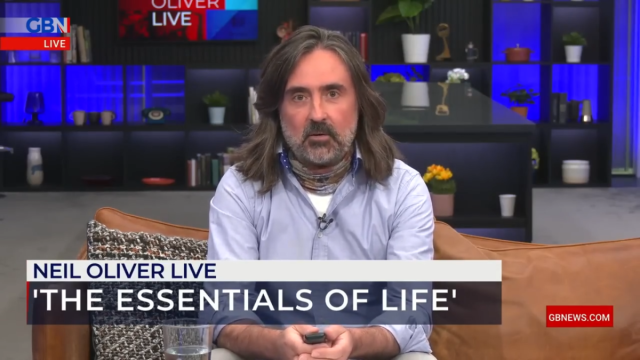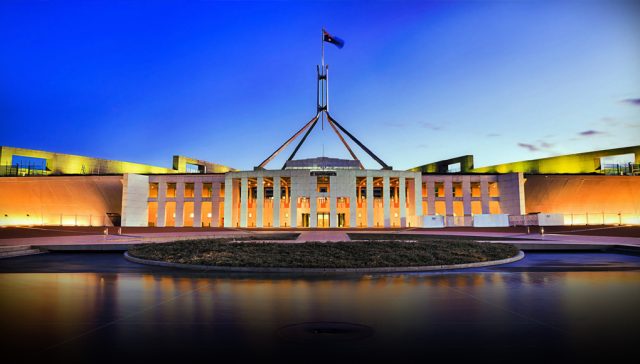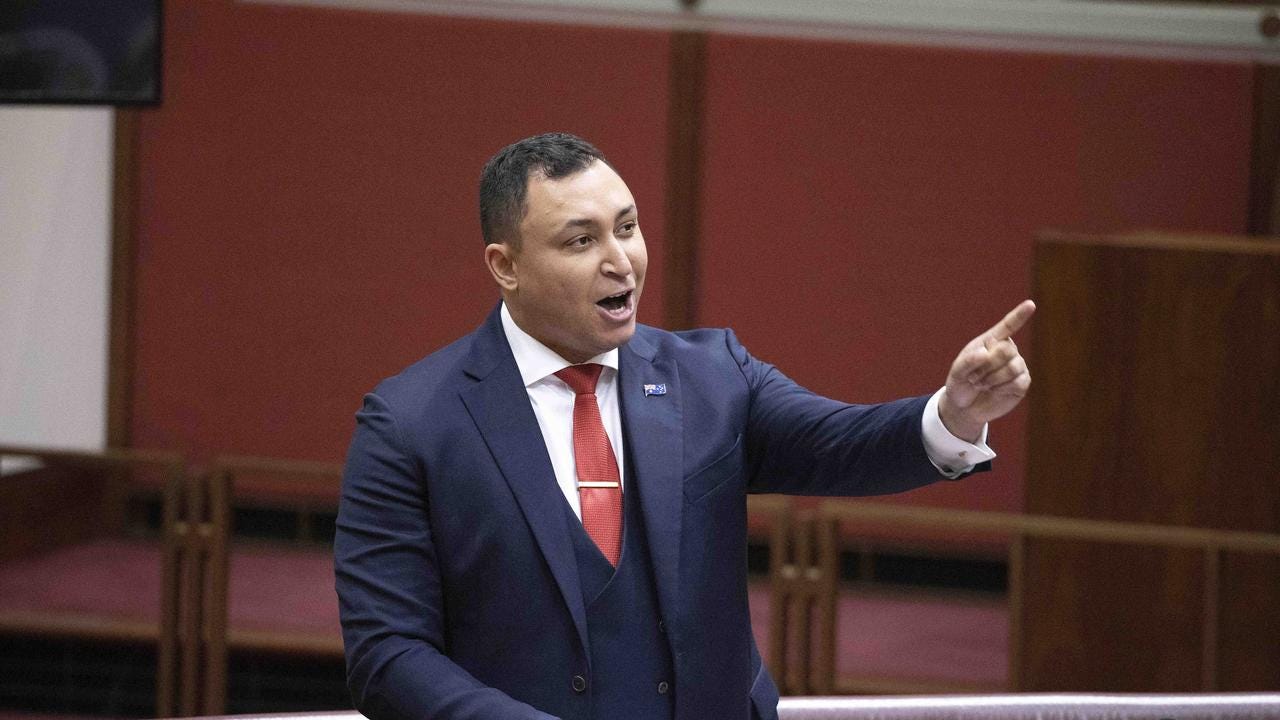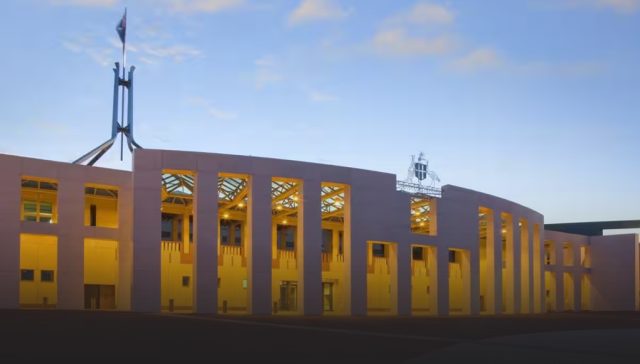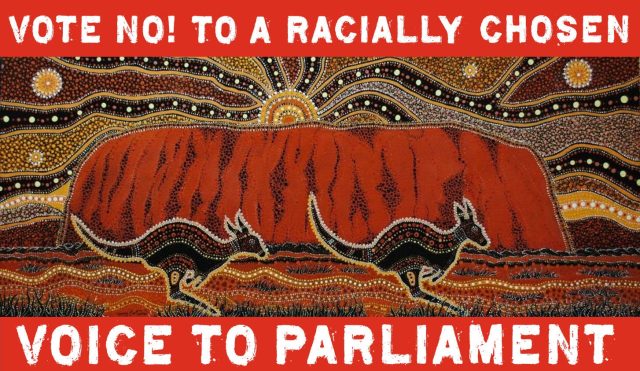What should the Australian Defence Force do?
Hint: the answer is in the name
The Australian Defence Force (ADF) does lots of things it shouldn’t.
Restrict the trading of others
The Australian Defence Force (ADF) helps to enforce sanctions.
It contributes in varying degrees to efforts to enforce sanctions endorsed by the United Nations Security Council, like sanctions against North Korea, Afghanistan, Iran, Iraq, Syria, and various countries in Africa, as well as other sanctions like those against Russia, Myanmar, and Zimbabwe.
Sanctions impede and redirect, rather than stop, trade involving the targeted countries. They rarely bring about regime or policy change in the targeted country, and any impact in this regard is more often negative than positive. Sanctions amount to a diplomat’s response to a call to ‘do something’ without the commitment of ground troops.
Deterring and countering restrictions on our own trade
Some say the ADF can and should defend Australian trade by ensuring the ADF can project power including through a long-range navy.
This is wrong.
The likelihood of any attempts to stop Australia’s trade is low, the likelihood of success of any such attempts is low, the impact of a successful attempt to stop Australia’s trade would be far from catastrophic, and the ADF can do little to deter or counter any of this anyway.
Firstly, consider the likelihood of attempts to stop Australian trade. Here are some scenarios, from less to more likely.
- The United Nations Security Council agreeing to impose sanctions on Australia in an attempt to stop Australian trade.
- An assortment of powerful countries defying the Security Council and attempting to stop Australian trade themselves.
- One country, such as China, unilaterally attempting to stop Australian trade, including through war.
- Pirates attempting to stop Australian trade.
Each scenario is unlikely, except perhaps the risk of piracy, for which traders can arrange their own security.
The federal government should not have supported this illiberal state policy
Secondly, consider the likelihood of success of any attempts to stop Australian trade. As we see with current sanction efforts, and even at the height of the last world war, even the most sophisticated campaigns against a country’s trade tend to impede and redirect trade, rather than stop it.
Thirdly, consider the impact of a successful attempt to stop Australian trade. Despite popular impressions that Australia is heavily trade dependent, Australia has a below-average reliance on trade. We are more self-sufficient than you think. So a successful blockade of Australia would cause some hardship, but any claims beyond this are hyperbolic.
Finally, even in the unlikely event of a successful trade blockade against Australia, what would be the optimal ADF response?
Nothing.
The point is, the cost of having a military powerful enough to counter such a blockade would be greater than the cost of living self-sufficiently.
The ADF as foreign aid
The ADF is building infrastructure in PNG, Vanuatu, Fiji and the Solomons, doing maritime surveillance to defend the fisheries of various Pacific Islands, and training military and police forces in various Pacific countries.
Such action may fail to deliver political stability and prosperity to the Pacific, and may fail to deter the establishment of Chinese military bases in the Pacific. Moreover, Australians suffer little from instability and poverty in the Pacific, and Chinese military bases in the Pacific would do little to increase the risk of, or damage from, Chinese aggression to Australia.
The ADF’s actions in the Pacific are essentially foreign aid, the funding of which should not be forced on all taxpayers.
Despite popular impressions that Australia is heavily trade dependent, Australia has a below-average reliance on trade.
Other overseas operations
The operations of the ADF beyond the Pacific are unwarranted too.
The ADF is training Ukrainians to fight Russia and remains in a fight against ISIS in Iraq and Syria, with a current focus on training Iraqi forces. The ADF dons blue berets to police the borders of Israel and the Koreas and to provide security in South Sudan, having recently provided security in Mali.
These are not our fights. Interested Australians should be free to engage in these conflicts if they so choose, without roping the Australian taxpayer in. The ADF’s engagement in these fights does not represent cost-effective training for defending Australian soil, which is best done through defensive exercises in Australian conditions. And while ADF personnel are overseas, they are not defending Australia.
Enforcing obedience to state law
During the Covid lockdowns, the ADF was used in support of state police to prevent travel beyond legally permitted limits and to keep state borders closed.
The federal government should not have supported this illiberal state policy, and the military should not have been tasked with law enforcement. In liberal democracies, we train and regulate our military primarily for the exertion of force on enemies, and our police primarily for the service and protection of citizens.
Disaster relief
The ADF is increasingly being used for humanitarian assistance following floods and bushfires. This is not its role; indeed, such activities are a serious distraction from its primary role of the defence of Australia.
State governments should bolster the ranks of volunteer organisations to provide humanitarian assistance.

Duncan Spender is CEO of Oysters Tasmania, having previously served as CEO of the Multicultural Council of Tasmania. He advised Senator David Leyonhjelm from 2014 and briefly served as Senator in 2019. Duncan’s early career was in local government and the Australian and New Zealand Treasury Departments.






